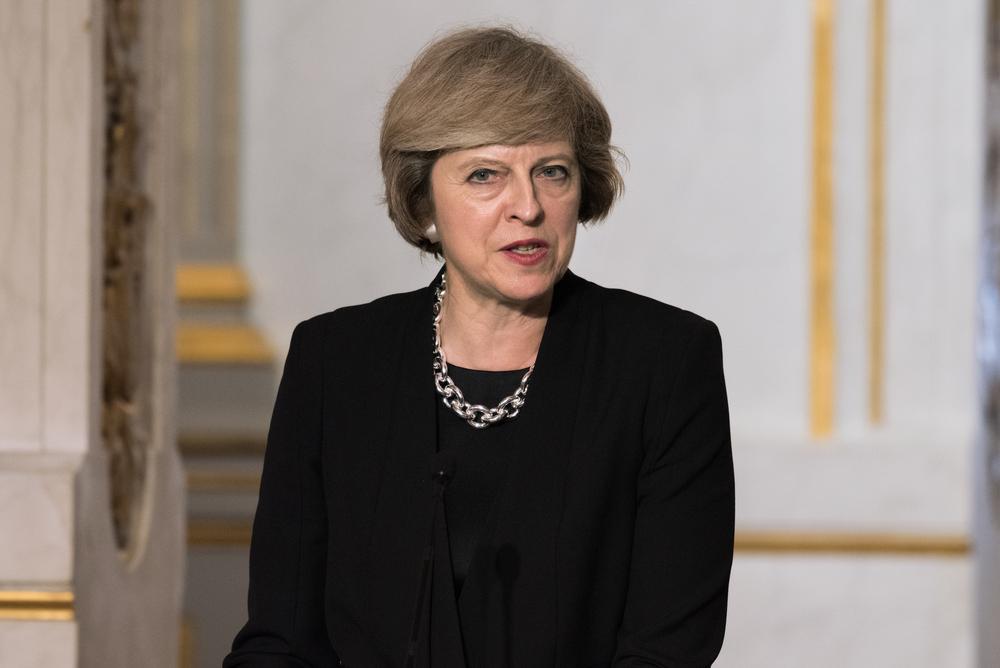Article 50 will formally be triggered before the end of the 2017, Prime Minister Theresa May announced in a speech on Sunday.
May stated that the two-year Brexit process will be initiated by March 2017, taking Britain out of The European Union by March 2019. The Prime Minister has committed her government to repealing The European Communities Act 1972, previously signed into law by the former Conservative Prime Minister Edward Heath.
Theresa May highlighted her intention to retain aspects of European law, with the ‘Great Repeal Bill’ enshrining all existing EU law into British law and permitting the government to maintain, amend or remove any legislation once the Brexit process has been finalised. May said that the move would ensure that UK remains an ‘independent, sovereign nation.’ The retention of components of certain EU laws has been enacted to ensure the preservation of employment regulation and workers’ rights, and to reassure British businesses.
However, Theresa May has long been a critic of the European Convention of Human Rights (ECHR). The Treaty is a key piece of European legislation which enshrines the protection of Human Rights into European Law. These rights include the right to life (Article II), Freedom of expression (Article X) and Freedom of Association (Article XI), with British MP Sir David Maxwell Fyfe being one of the Convention’s key writers. May has previously said that the Convention can “bind the hands of parliament”, and “adds nothing to our prosperity, makes us less secure by preventing the deportation of dangerous foreign nationals – and does nothing to change the attitudes of governments like Russia’s when it comes to human rights”.
Initially Theresa May advocated remaining within the union and instead, pursuing leaving the ECHR in order to protect parliamentary sovereignty in respect to Human Rights legislation. Her previous opposition to the ECHR makes her decision to maintain other aspects of European law a surprising development.
Despite being a Remain advocate, May has clearly indicated that under her leadership ‘Brexit means Brexit’. Nevertheless, Sunday’s speech is the first real clarification of how Brexit might actually look since the result was declared in June. Since the announcement, the pound dropped one percent against the dollar at $1.2854 and nearly one percent against the euro at €1.1440. This marks a 30 year low for the British currency, as the prospect of Brexit continues to cause market uncertainty.




